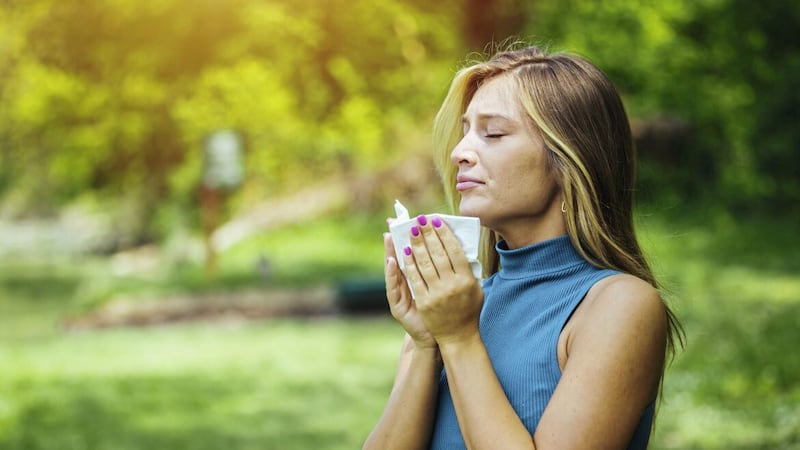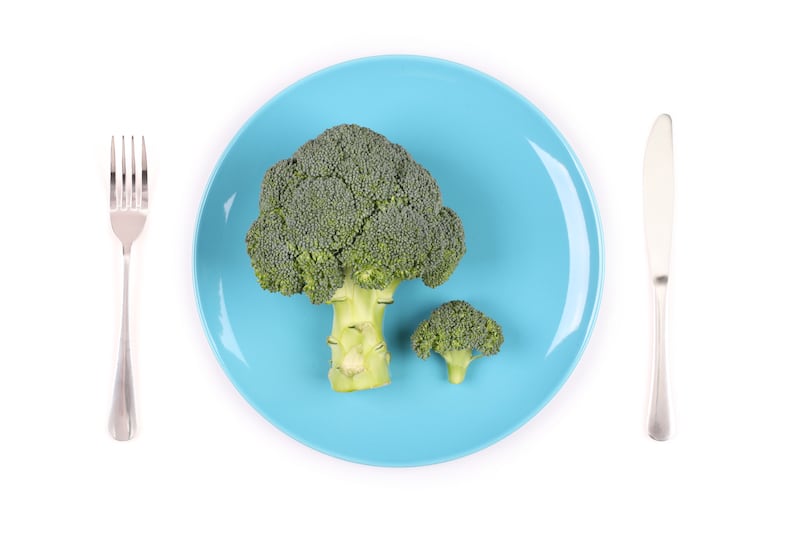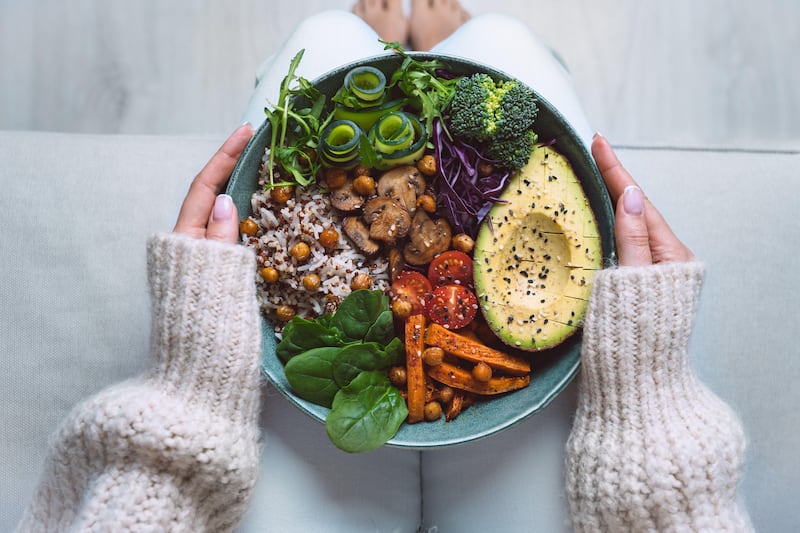SUMMER is here at last and this first weekend in June promises to be a scorcher.
If sunny days and summer sunshine has you filled with dread, then the chances are that you are a hay fever sufferer.
Symptoms hit sometime between May and September, and the warm, humid weather is a trigger for more pollen release, and worsening of symptoms like runny nose, itchy eyes, sneezing and congestion. Just the sort of weather that is celebrated by the likes of Barra Best and dreaded by most hay fever sufferers.
With any allergy, the most important thing is to limit your exposure to the allergen.
In the case of hay fever, it is almost impossible to avoid pollen, especially in the summer months, so building your defences is the best option. GP-prescribed, or over-the-counter anti-histamines are important, but have you ever stopped to consider that your diet can be part of your toolkit to build your defences and support your immune system?
A low histamine diet: When it comes to allergies, histamine is often thought of as enemy number one. Histamine itself is an important part of your immune response that helps to defend our body against injury or infection. Histamine is released from mast cells – these immune cells are a bit like the bouncers of your immune system that help to keep the ruffians like pathogenic bacteria and viruses out. When these mast cells get a bit overactive and start reacting to harmless substances like pollen, dust or animal dander, we end up with an overreaction that manifests as hay fever.
Histamine is formed when foods are preserved, cured or stored, so high histamine foods include:
- Fermented foods like cheese, yoghurt, sour cream, kefir, sauerkraut, kimchi and kombucha
- Cured meats like ham, salami, bacon and sausages
- Tinned fish
- Vinegar
- Pre-packed ready meals
- Leftovers
As well as foods that are high in histamine, some foods are thought to increase histamine production. These include: tomatoes, strawberries, citrus fruit, preservatives, alcohol.
Although it is impossible to avoid all of these foods, being aware of the triggers for a histamine response can help manage symptoms.
It can feel a little overwhelming to embark on a low histamine diet, so here are some simple tips to help get you started:
Buy and cook from fresh, and shop little and often: The fresher your food, the less histamine it is likely to contain.
Cook from fresh whenever possible, rather than using leftovers or prepared foods.
Freeze leftovers for use another day rather than storing them in the fridge.
Aim to manage stress levels.
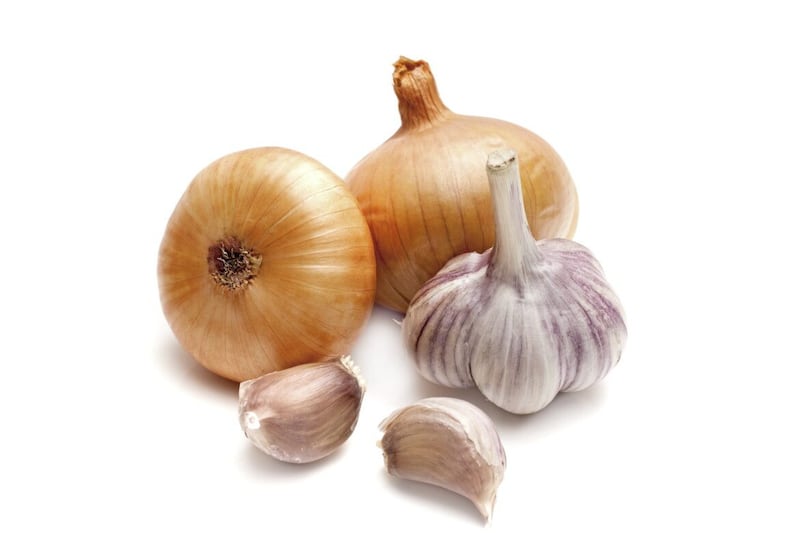
An anti-inflammatory diet:
There are foods that can help manage the histamine response. These include: onions and garlic,
ginger and turmeric – add to curries, stir-fry or drink ginger and turmeric teas; try nettle tea.
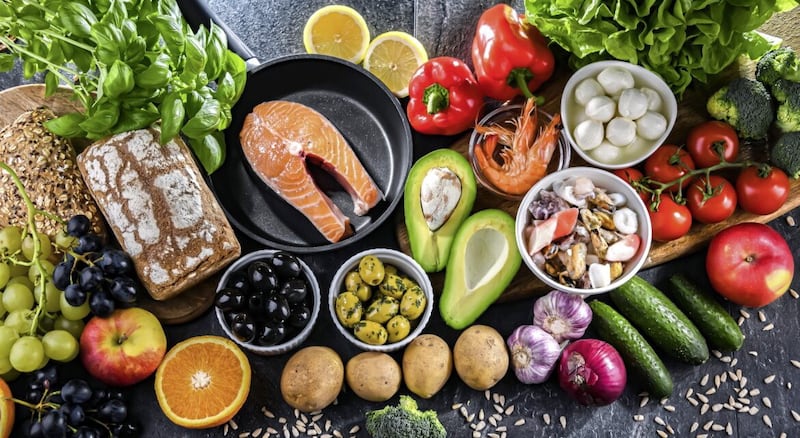
A Mediterranean style diet can have a balancing effect on inflammation, so pack your diet with a colourful range of fruit and vegetables and aim to eat as many different colours and varieties as you can. Increase your intake of anti-inflammatory fats like omega-3 fish oily fish, olive oil and seeds like flaxseed and chia.
Supplement to soothe: I would also recommend taking a visit to your local health food shop to get a couple of nutritional supplements as part of your hay fever management plan:
Quercetin with vitamin C – both have anti-histamine effects and can safely be taken daily, alongside your regular anti-histamine medication
A probiotic – to help support your immune system and build your defences. Histamine is released in high quantities by cells in the digestive tract, and supporting levels of beneficial bacteria have been shown to regulate the histamine response
Omega 3 - has anti-inflammatory and immune-modulating activities.
Always check with your pharmacist or GP if you are taking any medication before starting any nutritional supplement, as there can be a drug-nutrient interaction.
